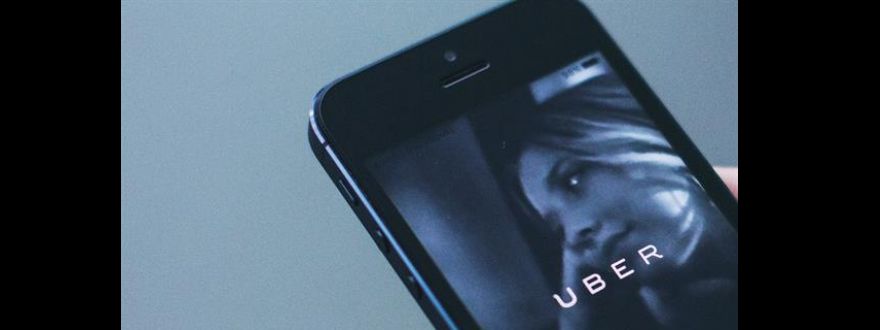
Are You a Ride-Sharing Service Driver? What Happens If You’re Injured While on the Job?
So, you’ve heard everyone talking about how easy it is to make money driving for a ride-sharing service such as Uber or Lyft. You’ve decided that making a few extra bucks would be great, so you begin preparations. If you’re like most prospective drivers, your to-do list will look like this:
1. Tune up and clean your car.
2. Contact the ride-sharing company.
3. Plan a schedule and start transporting people.
Unfortunately, too many ride-sharing service drivers don’t think about insurance. Specially, what insurance coverage will be available should you be involved in an accident while you are driving for a ride-sharing service? As the ride-sharing driver, there are a variety of factors you need to think about regarding Florida auto insurance, in case you are ever injured while behind the wheel of your personal vehicle.
Understanding Livery Conveyance
Before you can understand the potential problems that driving for a ride-sharing service creates in a typical Florida personal auto insurance policy, you first must know the meaning of an essential term often used in that policy, “livery conveyance.” According to the International Risk Management Institute, this term means “the transporting of people and/or goods for hire, such as by a taxi service, motor carrier, or a delivery service.”
Livery conveyance is an exposure that is almost always excluded in personal auto insurance policies.
Medical Payments
Many personal auto insurance policies include an insurance coverage called “medical payments.” This coverage will pay reasonable medical expenses up to a set limit (it may be as low as $1,000) should you be injured in an accident. Unfortunately, most Florida personal auto policies will not pay this coverage if the accident occurs in the course of employment or if it occurs while the car is being using as a livery conveyance.
Uninsured or Underinsured Motorist (UM/UIM)
This important insurance coverage is often included in a personal auto insurance policy and is designed to compensate you should you be injured in accident with an at-fault driver who has no insurance (UM) or not enough insurance to compensate your full damages (UIM).
This coverage can differ significantly from policy to policy, but it’s likely that your own personal auto policy, will also exclude this coverage while your car is being used for ride-sharing service in Florida.
Workers Compensation & Health Insurance
Workers compensation insurance is designed to cover medical bills and other expenses resulting from on-the-job injuries. The state of Florida’s workers compensation laws will typically dictate if and when an independent contractor is required to secure workers compensation. As a ride sharing driver, you would be considered as an independent contractor. In addition, keep in mind that many personal health insurance policies will not cover medical bills resulting from work related accidents. Should you ever need a professional independent insurance agent to help you select a policy that fit your needs, contact American US Insurance.
Personal Injury Protection (PIP)
Some states require drivers to purchase personal injury protection (PIP) to cover expenses incurred as a result of an injury suffered in an auto accident. In Florida all personal auto insurance companies offer this type of insurance, but the fact of using a personal vehicle to do Uber or Lyft, may void the coverage from your policy, due to the fact of using the car for business unless you have it properly added to your policy as an endorsement.
Protect Yourself
A typical Florida personal auto insurance policy is not designed to cover losses if they occur while using a car as a “ride share.” vehicle. The extra money you earn driving for the service may seem insignificant should you suffer an uninsured loss. But over the past year, a few of the major carriers begun offering rideshare insurance policies for drivers. Some ride-share friendly insurance companies offer the adequate coverage you need to do Uber or Lyft, but it must be properly documented and endorsed to the policy to be eligible.
The Need of Commercial Auto Insurance or a properly endorsed Personal Auto Policy When Driving for Uber or Lyft
Uber and Lyft only cover rideshare drivers during Periods 2 and 3. Period 2 starts when you accept a ride request and are in route to your passenger, meanwhile Period 3 starts once the passenger gets into your car. But while you are online and waiting for a request during Period 1, you have no collision coverage from the rideshare companies, so as a rideshare driver you’re most at risk during this period since your personal auto policy won't cover you either, unless you properly endorse the auto policy with your insurance agent.
It's very important that you call your agent to cover any and all questions you may have regarding your personal auto insurance policy or contact our Florida dedicated agents team to better help you find an insurance policy that fits your needs
We, at American US Insurance, wish you a safe ride-sharing driving.







